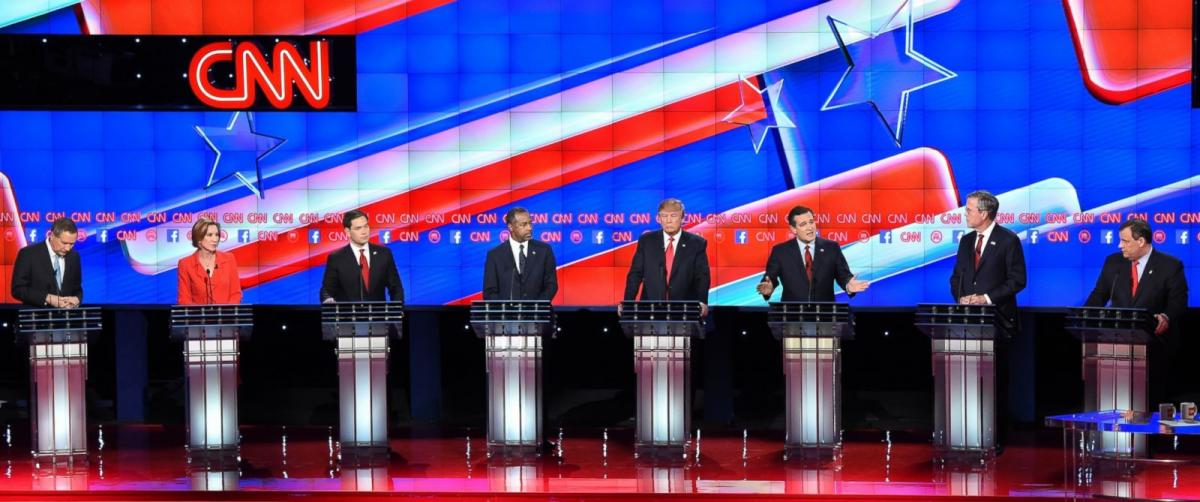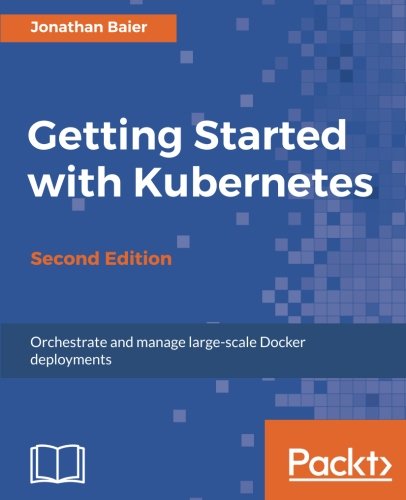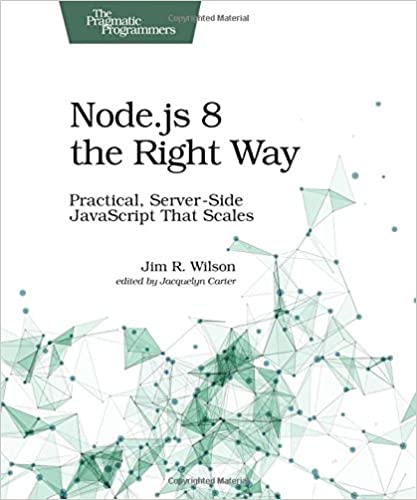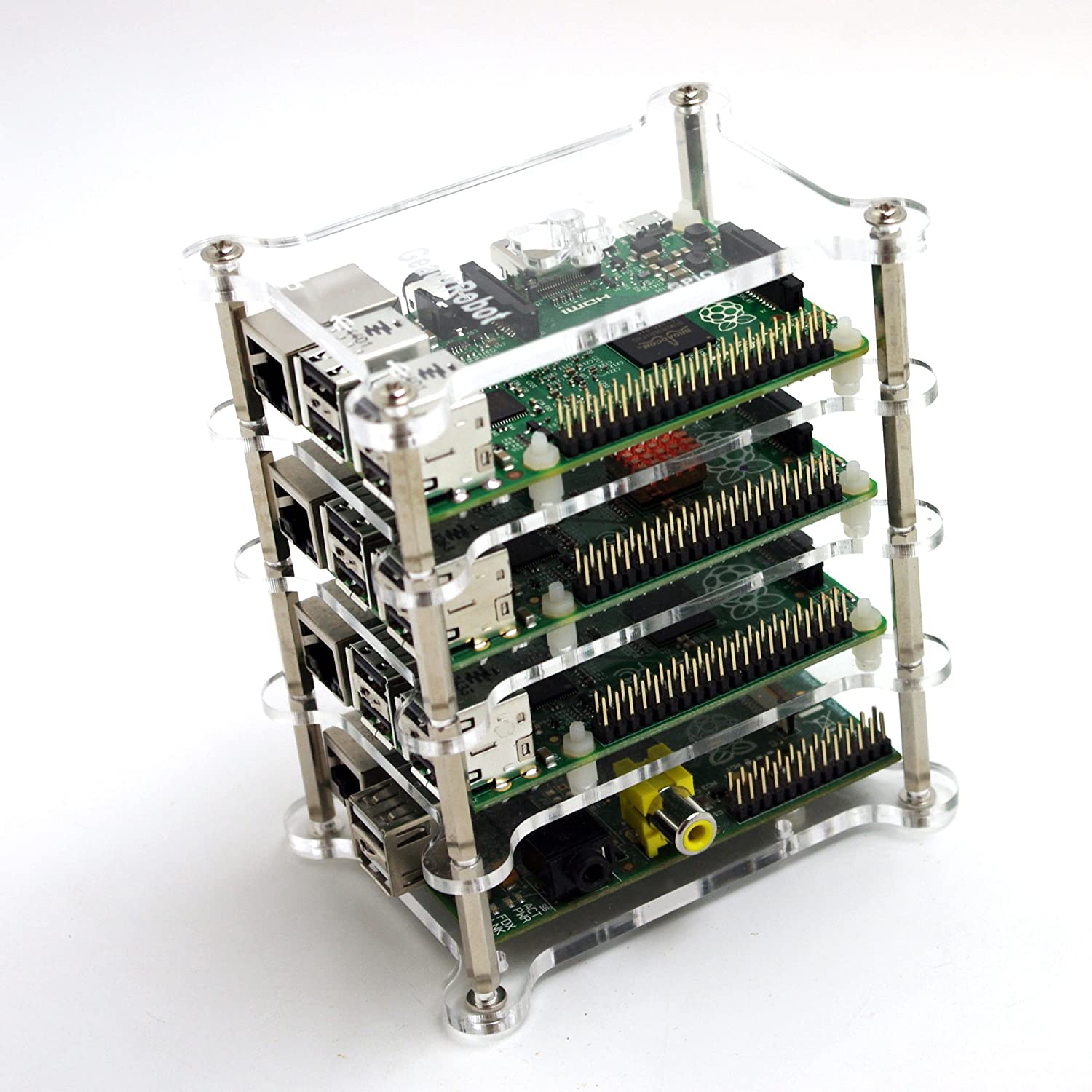; Date: Wed Dec 16 2015
Tags: Republicans »»»» Freedom of Speech »»»» Government Spying »»»» Total Information Awareness »»»»
We're in a silly season of U.S. presidential electioneering - of all people, Donald Trump is the leading Republican candidate for President, for example. Last night, civil liberties and the right to privacy was gravely threatened in the latest Republican Presidential candidates debate. Most of the candidates demonstrated they care nothing for our personal freedoms, and are willing to destroy American's freedom's in the name of "Fighting Terrorism". Donald Trump wants to shut down parts of the Internet, vaguely lacking in details. Sen. Ted Cruz says the recent San Bernardino happened because the FBI (et al) didn't do enough surveillance of online discussions. Carly Fiorina says that Silicon Valley needs to cooperate with Federal Officials to make sure they can tap into any conversation they want, and therefore spy on anything we say online.

I'm sure the other candidates said similar things, that's all I could stomach before turning off the debate in disgust at the lies and twisted reality they presented. Another aspect of the debate was the outright fear-mongering that seemed designed to make us all more afraid -- to amplify the understandable fear of terror attacks -- and to make statements that would anger the countries with whom the U.S. needs to forge the alliances required to fight against these foes.
Ted Cruz :- Political Correctness interfered with FBI ability to detect San Bernardino terrorists
The FBI has revealed today that these attackers did not make any public statement in support of Jihad. In other words, the FBI is saying to Ted Cruz:
liar liar pants on fire.
According to
FBI Director James B. Comey, the attackers in San Bernardino had communicated privately (not publicly) prior to getting married about their mutual support of violent jihadist actions. It seems now that they'd met and married purposely to work together on a violent action in the U.S. Their radicalization took place before ISIS took a prominent place anywhere. Their public statements supporting Jihad in public Facebook postings did not occur until the morning of the attack, and Facebook didn't even discover the posting until after the attack.
What Ted Cruz seemed to be saying is that "political correctness" is causing the Government to not spy on us as much, and therefore be less effective at finding dangerous people.
I think he's on the wrong side of history. There is a huge backlash among a wide range of people, some of whom are the Conservatives who'd be his obvious supporters and who'd clearly be concerned about Government intruding on everyones lives.
How would government agencies catch dangerous conversations occurring through private communication channels? Those private channels could be direct e-mail, or direct messages on message boards or the like. There's a steep challenge to be able to tap into every possible private communication channel. Plus, is it a good idea to have the government spying on every communication through every channel? How would they catch the dangerous conversations unless they listen in on every conversation?
Ted Cruz did cause some furor about this last night by apparently spilling some top secret information about the government spying program:
While he wants to sound like he's making reasonable policy statements - I'm asking you to think about the effect of what he's saying.
Donald Trump - calling on ban of all Muslims entering US - calling for shutdown of the Internet
Last week The Donald caused a huge furor by saying he'd invoke a ban on all Muslims entering the U.S. Even ones who are American citizens. Uh... really? The U.S. needs to collaborate with Muslim countries in fighting this problem, and he wants to piss every one of them off by labeling all Muslims as dangerous Jihadists? Sigh..
In the debate last night, The Donald said just as outrageous a thing -
to "shut down" parts of "our Internet" so that dangerous folk couldn't use it to radicalize young people or cause other mischief.
In other words, he wants to interfere with the free expression of ideas and statements by shutting down a vaguely defined portion of the Internet. Um... really? We're going to throw away our free and open society over this? That's not at all a good idea.
TRUMP: We should be using our brilliant people. Our most brilliant mind to figure a way that ISIS cannot use the internet. And then on second, we should be able to penetrate the internet and find out exactly where ISIS is and everything about ISIS. We can do that if we use our good people.
BLITZER: Let me follow up, Mr. Trump. So, are you open to closing parts of the internet?
TRUMP: I would certainly be open to closing areas where we are at war with somebody. I sure as hell don't want to let people that want to kill us and kill our nation use our internet. Yes, sir. I am.
This is too vague to be sure what he really means. However, the impact of this would be a direct affront on freedom of speech, and again would be a massive intrusion on personal privacy.
And, for that matter, it's already well known that government spy agencies are already tracking all kinds of stuff on the Internet. They use "open source intelligence" to track all the stuff posted publicly on blogs or social media websites. It's thought they've also penetrated some of the private areas of these sites to snoop on private conversations. Etc.
As Rand Paul noted in the debate -- following Donald Trump's suggestions means a wholesale violation of the First Ammendment (Freedom of Speech), and would violate other principles of justice. (for the record, I am not a Paulite, and am vehemently against him, it's just that during last nights debate he was far more sane than usual)
The US Government has been spying on us all for a long time -- I posted a few references
back in December 2002 about warrantless wiretapping and spying activities. Back in early 2002 news broke that the Bush43 administration had set up the Total Information Awareness system, later renamed to Terrorist Information Awareness system. This system involved widespread tapping of all kinds of communications so that government spies could look for suspicious patterns of activity.
There has been a constant dribble of news about this and related programs,
which I used to post about more regularly. More recently Edward Snowden became famous for bravely releasing a ton of information on these programs. Those revelations set off widespread outrage at what the government has been doing to us all.
When he says the "Media" shouldn't be using specific words -- is Donald Trump suggesting that the government should be controlling what the Media says?
Isn't that what dictatorships like the U.S.S.R. did? That the official media was whatever the government wanted the media to say?
Carly Fiorina - Silicon Valley must (and has) cooperate with government spies
During the debate Carly Fiorina - who had been CEO of Hewlett Packard, before getting ousted over her horrible handling of the company -- explained that Silicon Valley must do more to cooperate with federal agents so they can more effectively spy on everyone. She explained that as HP's CEO she actually did get a call from government agents that caused her to order a shipment of computers to return to the factory so that federal agents could do something unspecified.
This fits with reports that technology giants have cooperated with federal agents to install backdoors in server computers and software systems to enable spying activities.
According to
Fast Company, Fiorina had said federal agents did not ask Silicon Valley for help on "encryption". But, in fact, federal agents have done so, and gotten cooperation with Silicon Valley tech giants. I've already discussed this above - there's a long history of this cooperation, where federal agents, government spies, whatever you want to call them, have been tapping into all kinds of online communication. They're doing this both with the cooperation of the tech giants, and by illegally breaking into systems.
Once the Snowden Revelations became public, the public rose up in outrage at these things and have been demanding that governments curtail its ubiquitous spying on everyone. What they're talking about is a massive pervasive intrusion on privacy. Fiorina's statements are unabashadly saying that Silicon Valley should give full cooperation to federal agents and to be enablers for ubiquitous government spying on everyone.
In the name of "keeping us safe" from so-called Terrorists, the entire flock of Republican Presidential candidates (except for Rand Paul) is
calling for cooperation between government spies and the tech industry so that encryption and privacy can be violated. As I said above - the impact of trying to catch dangerous communications is that the government spies must listen in on every communication in order to track the ones that are deemed dangerous.
A typical statement was made by Sen. Marco Rubio: "The next time there is attack on … this country, the first thing people are going to want to know is, why didn’t we know about it and why didn’t we stop it? And the answer better not be because we didn’t have access to records or information that would have allowed us to identify these killers before they attacked."
Isn't this clear? He, and the rest of them, are saying all communications must be tracked by government agents.
What happens if these government agents are tracking every communication of every kind, and inevitably they will mistakenly think so-and-so is saying dangerous things when they aren't. Do you think these government agents will correctly identify the intention of every communication? No way in heck will that happen. They'll make mistakes, get confused on identities of who's saying what, and they'll end up invading the wrong house, pointing guns at innocent people, and occasionally shooting innocent people who they've mistakenly identified as dangerous criminals.
Think that won't happen? It actually happens all the time.
And, in the meantime, these policy ideas would (as Rand Paul pointed out) be a massive First Ammendment violation, and massive violation of other principles of American Government.











